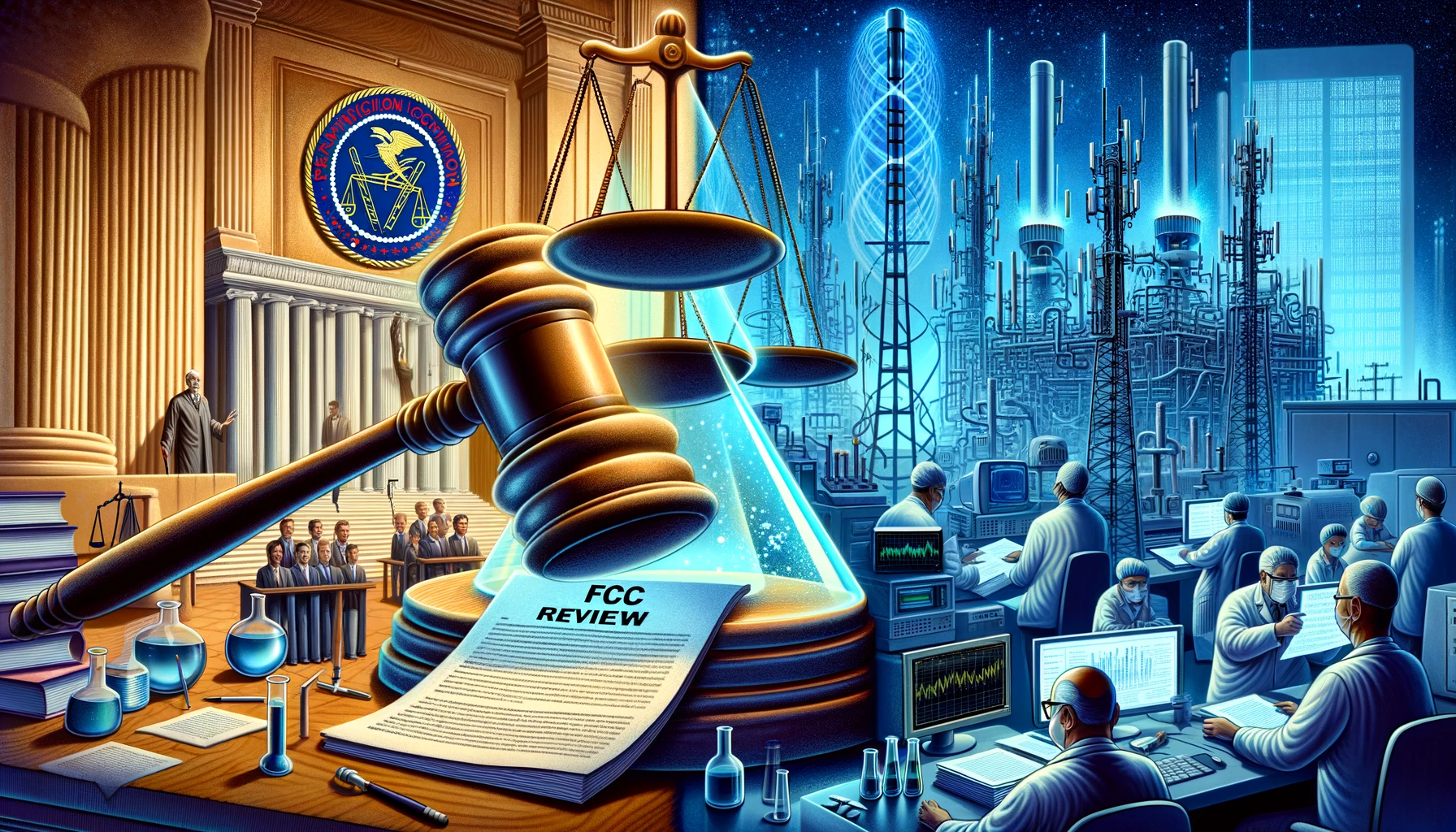A Comprehensive Analysis of Legal, Scientific, and Public Health Perspectives
There is only one responsible thing to do: follow the precedent set by a growing number of cities over the FCC’s loss in court due to the outdated nature of the science used to create the standards. The RF Safety guidelines in place today are a quarter of a century old and do not account for these types of long-term, constant, low-level exposures to unnatural electromagnetic radiation. https://www.rfsafe.com/massachusetts-towns-pause-5g-expansion/
Introduction
The recent legal victory against the FCC has sparked a critical debate on the safety of next-gen satellite-to-cell services. This report examines the call for a postponement of these services, highlighting the legal, scientific, and public health concerns involved.
Legal Precedent and Public Safety
EHT vs. FCC Court Decision:
- The court’s decision mandates the FCC to review scientific evidence on the safety of RF radiation.
- The ruling highlights the outdated nature of the current RF safety guidelines, which are over a quarter-century old.
Scientific Evidence of Harm
Studies Indicating Risks:
- Modulation Impact: A study published in Nature suggests that low-frequency modulations in EMF signals might impact biological systems.
- NTP Study: The National Toxicology Program’s study indicates non-linear dose-response relationships between RF exposure and health effects.
- Frequency-Dependent Effects: Technologies like TheraBionic and DARPA’s RadioBio initiative demonstrate that RF radiation effects are frequency-dependent.
John Coates’ Personal and Professional Insight
Expertise in RF Physics:
- John Coates, RF Safe Brand Ambassador, brings a unique perspective with his background in engineering, RF physics, and personal loss due to RF radiation exposure.
- His work includes the development of an interferometric array antenna for cell phones and a patented LiFi technology using Far UVC light.
Public Response and Action
Massachusetts Towns’ Precautionary Measures:
- Sheffield and Great Barrington, Massachusetts, have paused 5G expansion until the FCC complies with court orders to review the science.
- The residents demand a review of studies by independent scientists to ensure the safety of 5G technology.
The Need for Comprehensive Understanding
Challenges in Assessing RF Safety:
- The debate around RF-EMF exposure includes not just the intensity of radiation but also the frequency and modulation.
- Public policy must consider the complexities of RF exposure, including near-field and far-field effects, and the potential for non-thermal biological impacts.
Advocacy for Stronger Safety Standards
Calls for Federal Action:
- Advocates urge federal agencies to conduct thorough scientific reviews and update RF exposure guidelines.
- There is a growing demand for wired infrastructure in sensitive environments like schools to minimize RF exposure.
Conclusion: Balancing Technology and Health
The debate over satellite-to-cell services and RF radiation safety underscores the need for a balanced approach that considers both technological advancement and public health. The call for postponing next-gen services until a comprehensive review of the science is conducted reflects a cautious stance towards public health in the face of emerging technologies. It is imperative for regulatory bodies, scientists, and the public to engage in informed discussions to ensure that technological progress does not come at the expense of health and safety.
References
- Environmental Health Trust vs. FCC
- Nature Study on EMF Effects
- RF Safe
- John Coates’ Patent
- Massachusetts Towns’ Decision on 5G
This comprehensive report reflects the multifaceted nature of the issue surrounding next-gen satellite-to-cell services, emphasizing the need for a prudent and scientifically backed approach to RF radiation and public health.
